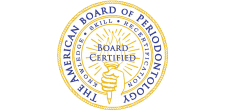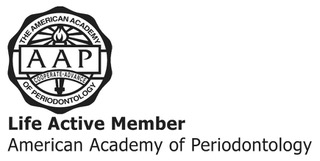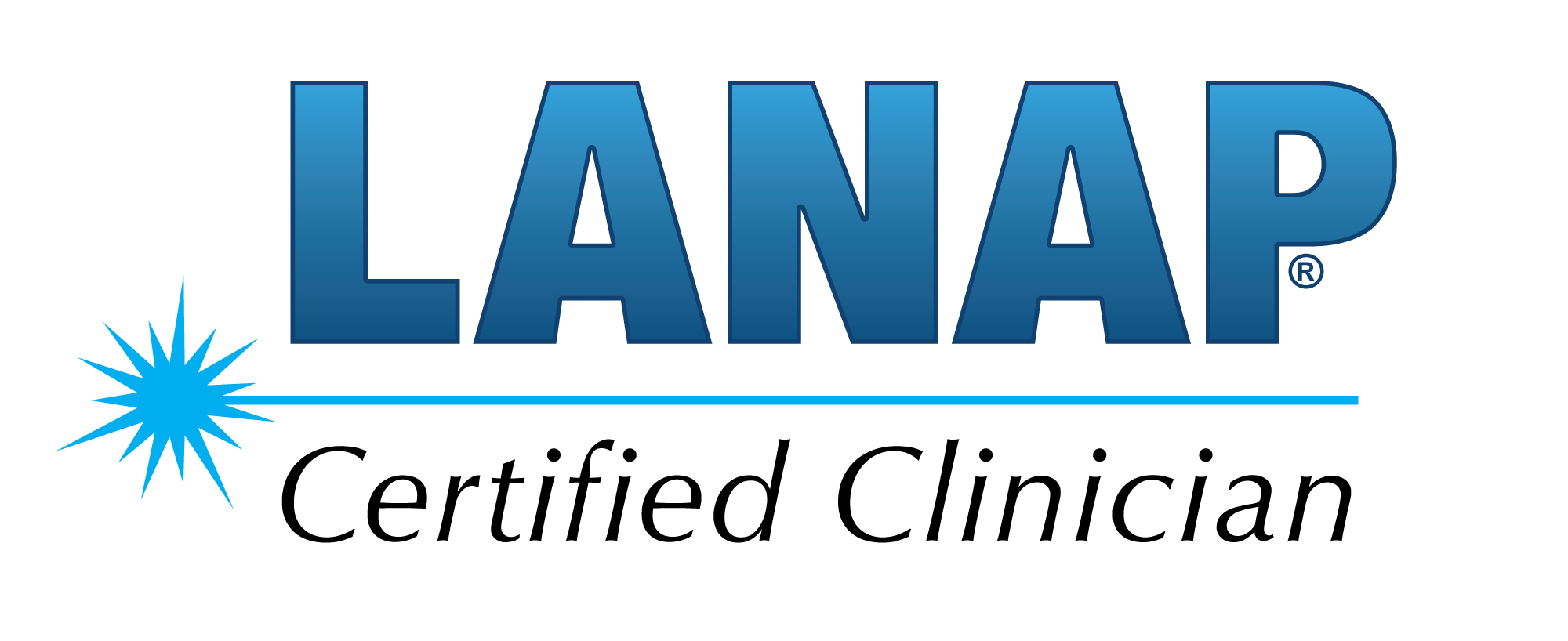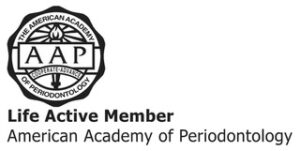Bad Breath Treatment
Experiencing fresh breath is crucial for maintaining good health and facilitating positive social and professional interactions. Remarkably, about 25% of the population suffers from halitosis, commonly known as bad breath. Many individuals are unaware of their bad breath and the negative impact it may have on their interactions. At Newhouse Periodontics, we understand the sensitivity of this issue. We are dedicated to helping you pinpoint and address the underlying causes of bad breath, empowering you to regain confidence in every conversation and personal interaction.
Why Bad Breath Occurs and Its Impact
Bad breath can significantly affect an individual’s self-esteem and ability for social interactions, leading to perceived or actual isolation. This condition, medically known as halitosis, isn’t just about unpleasant odors—it’s a symptom that something is amiss with your health, whether in your mouth or elsewhere in your body.

Bad breath causes vary, ranging from the foods you eat to more complex health issues. The most common cause is poor oral hygiene. When food particles are allowed to collect between and around teeth and for bacteria to break it down and produce odor-causing compounds. Also, oral infections like gum disease (gingivitis and periodontitis), as well as dry mouth (xerostomia), can exacerbate these odors. Beyond oral health, chronic conditions such as diabetes, liver or kidney disease, and gastrointestinal disturbances can also result in bad breath.
The impact of halitosis extends beyond physical health. Socially, individuals who are aware they have bad breath may feel embarrassed, which can discourage them from engaging in social interactions. This can potentially impact their personal relationships and professional opportunities.
Identifying the root causes of bad breath is essential for effective treatment. Addressing halitosis goes beyond just freshening breath; it helps restore confidence and improves overall well-being.
Common Causes of Bad Breath
Bad breath, or halitosis, has a variety of origins, each of which needs to be understood to effectively manage and treat it:
- Oral Hygiene: Poor oral hygiene is the most common cause of bad breath. When tooth cleaning is not performed effectively, food particles remain in the mouth, providing a breeding ground for bacteria. Such bacteria can produce foul-smelling volatile sulfur compounds as they decompose food particles, particularly proteins.
- Gum Disease and Tooth Decay: Periodontal diseases and areas of tooth decay can also result in bad breath. Infected gums and rotting teeth produce a distinctive odor that professional treatment can only remedy.
- Dietary Choices: The foods you eat can also impact your breath. Substances like garlic and onions contain oils that are transferred to the lungs after digestion, affecting the breath until they are completely metabolized. Additionally, high-sugar diets can increase the amount of bacteria that produce foul odors in the mouth.
- Medical Conditions: Certain medical conditions like dry mouth (xerostomia), which reduces saliva flow, can exacerbate bad breath as saliva is essential for cleaning the mouth and removing particles that may cause odor. Sinus infections, chronic lung infections, liver or kidney diseases, and diabetes are also known to cause bad breath due to the chemicals they produce being expelled with breathing.
- Lifestyle Factors: Smoking is a primary offender, not only causing its strong odor but also contributing to gum disease. Alcohol consumption can lead to a dry mouth and a residual smell that lingers. Some diets, particularly those high in protein or extremely low in carbohydrates, can also result in a breath odor known as ketone breath.
Understanding these causes guides effective treatments and preventive measures. It’s the first step toward fresh breath. 
Personalized Treatment Plans to Freshen Your Breath
Given the unique nature of bad breath, Dr. Newhouse develops individualized treatment plans for each patient. Depending on the diagnosed causes, your treatment may range from enhancing daily oral hygiene effectiveness to more specific interventions for gum disease, dietary adjustments, and management of any contributing medical conditions. These targeted treatments are designed to treat the causes, thereby eliminating the problem.
Preventive Tips for Maintaining Fresh Breath
Achieving and maintaining fresh breath requires a commitment to regular dental care and proper lifestyle habits. Here are essential tips to help ensure your breath stays fresh:
- Oral Hygiene: Commit to effective daily brushing and cleaning between teeth. Also, don’t forget to brush your tongue, which can also harbor bacteria.
- Hydration: Drinking plenty of water stimulates saliva production, naturally cleansing the mouth and removing particles that may cause bad odors.
- Regular Dental Visits: Schedule dental check-ups and cleanings at whatever interval is professionally prescribed to maintain optimal oral and periodontal health and catch potential issues early.
Ready to Tackle Bad Breath? Contact Us Today!
Don’t let bad breath interfere with your quality of life. Schedule a consultation with Dr. Newhouse today and start your journey to a fresher, more confident you. Call 816-373-6800 or book your appointment directly through our website. Take the first step towards overcoming the challenges of bad breath with expert, compassionate care.

















